


The turmoil in Bangladesh, the eighth most populous country, could have a far-reaching geostrategic impact across South Asia and the Indian Ocean region.



Sri Lanka imposed a moratorium on foreign research vessels in a step to curb Beijing's influence, which was a major factor in its colossal economic debacle.
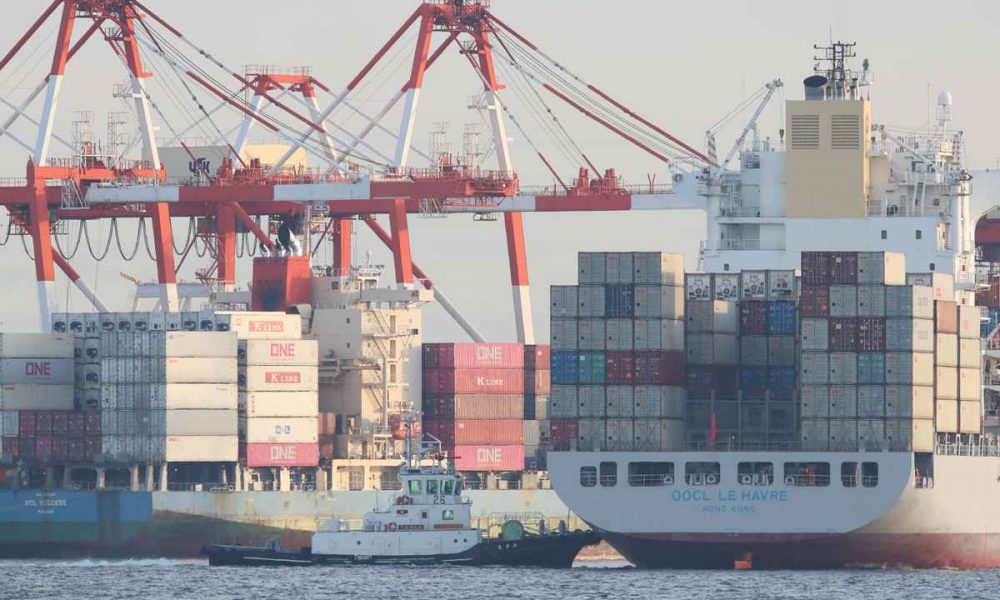
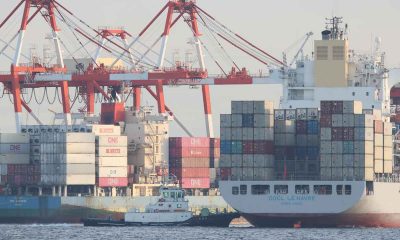

Japan's rich maritime history reflects its foreign and security policies, from 19th-century imperial ambitions to the establishment of modern trade routes.
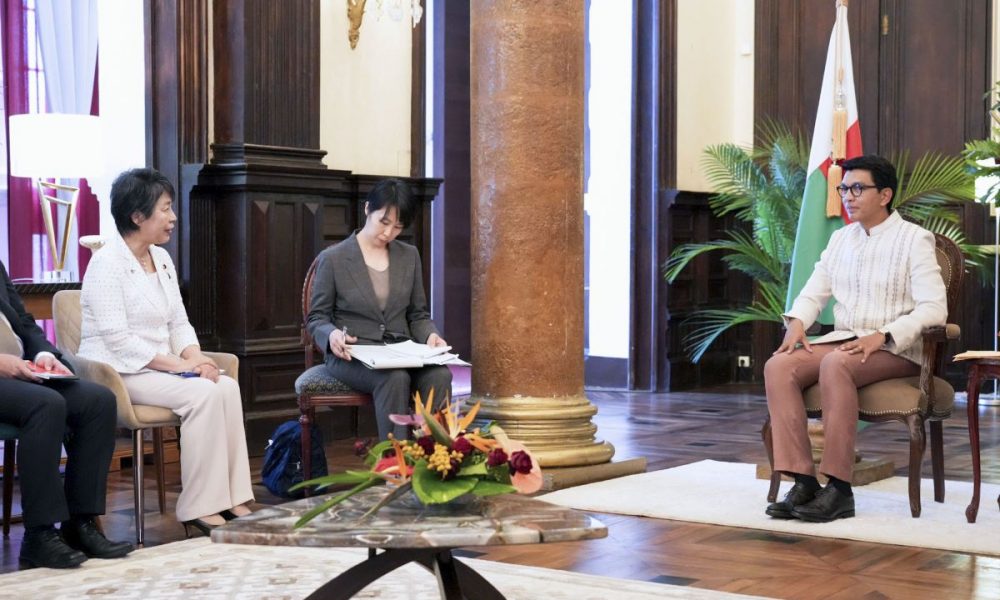


FM Yoko Kamikawa visited 6 nations including Africa and other Global South countries during Golden Week to strengthen collaboration on FOIP and the rule of law.



A pro-China president in the Maldives is the moment Beijing has been waiting for to consolidate its expanding strategic naval footprint in the Indian Ocean.



Climate change is the single greatest existential threat facing the Blue Pacific and the Indian Ocean, putting people and entire regional ecosystems at risk.
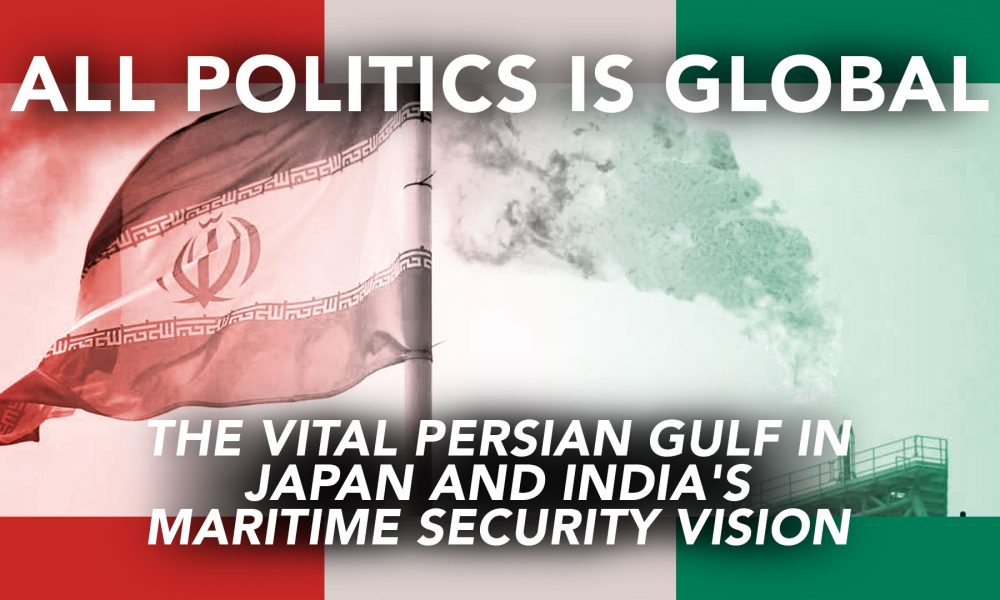
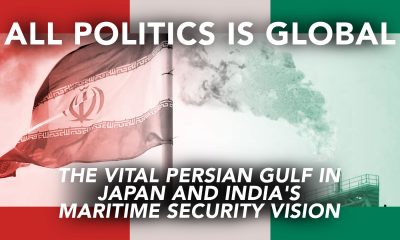

As Middle East turmoil disrupts maritime commerce, Japan and India's security focus is expanding to the vital oil shipping routes through the Persian Gulf.
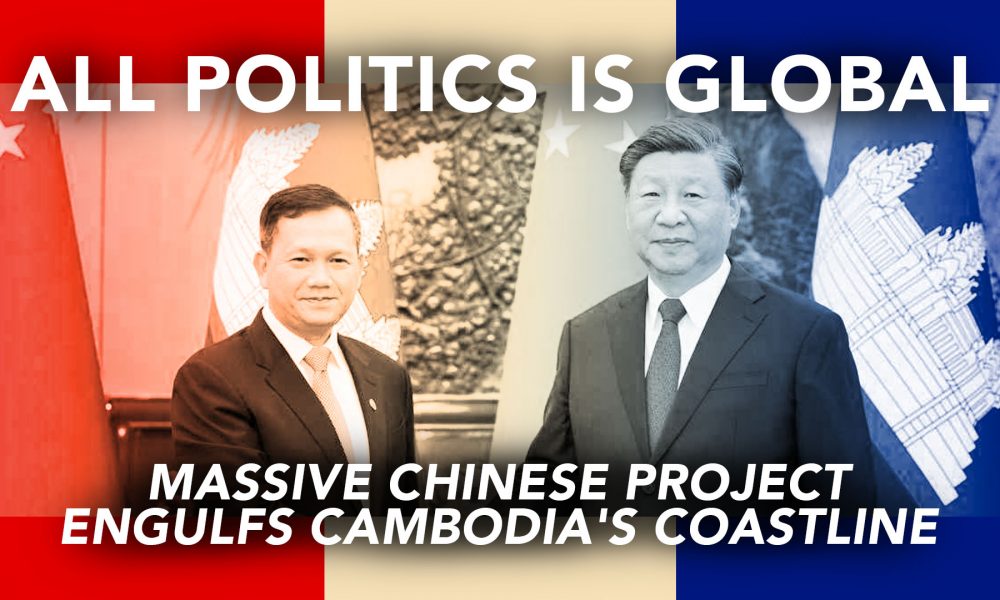


With 20% of its coast controlled by a Chinese firm and a key naval base renovated with Chinese funds, Cambodia has become Beijing's chief regional extension.
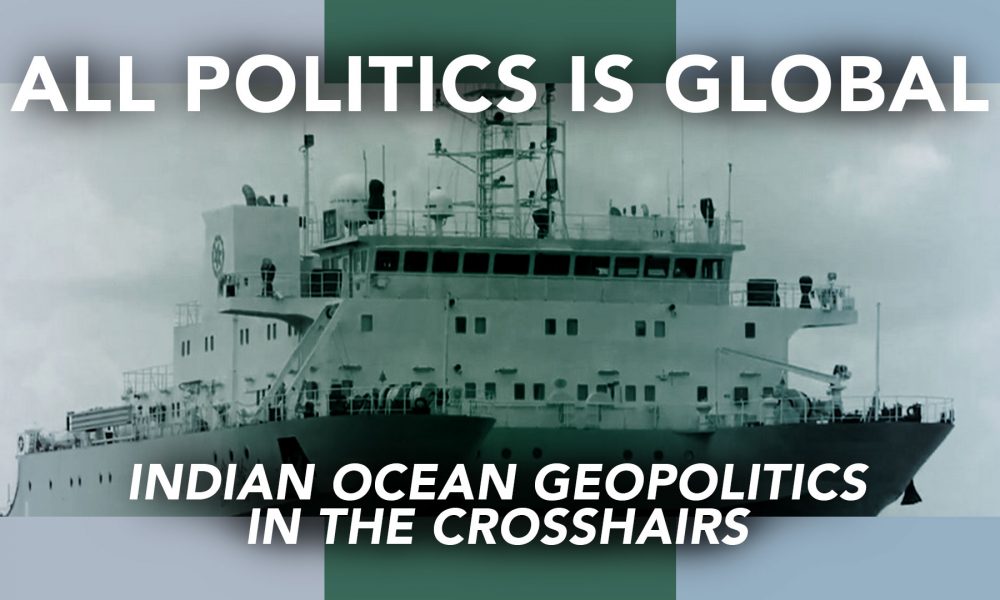


Japan and India, supported by the sea power of their allies, can offer a much-needed antidote to China's expansionist designs for the Indian Ocean and beyond.
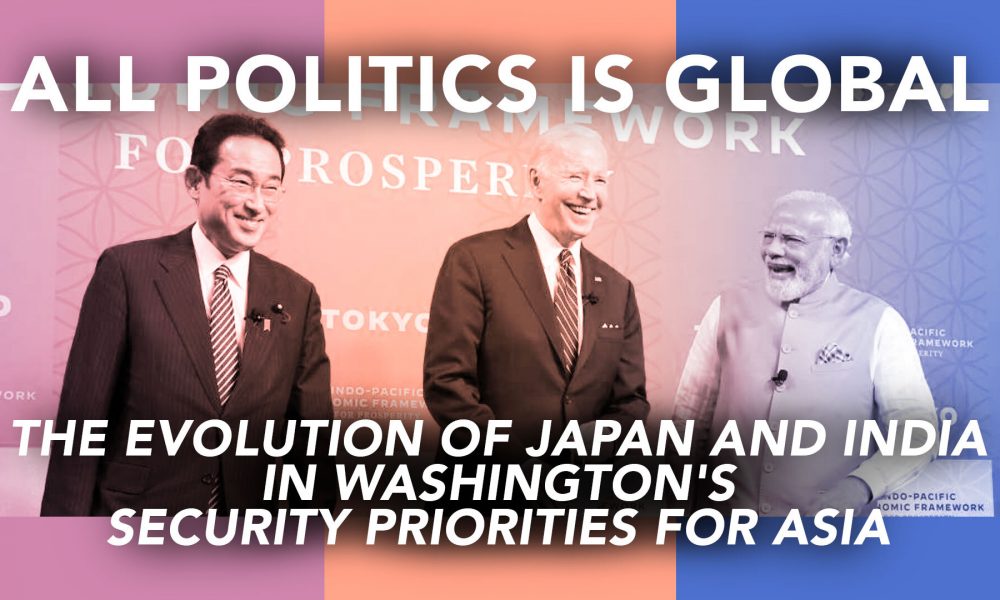
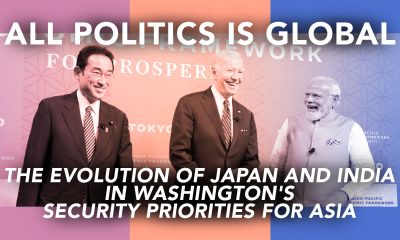

As democratic centers of power in Asia, Japan and India are vital partners of the US in countering China's growing hegemonic ambitions in the Indo-Pacific.

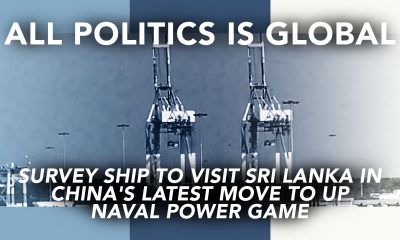

Control of Hambantota Port in Sri Lanka would provide military advantages, including vital logistics support for China's naval deployments in the Indian Ocean.
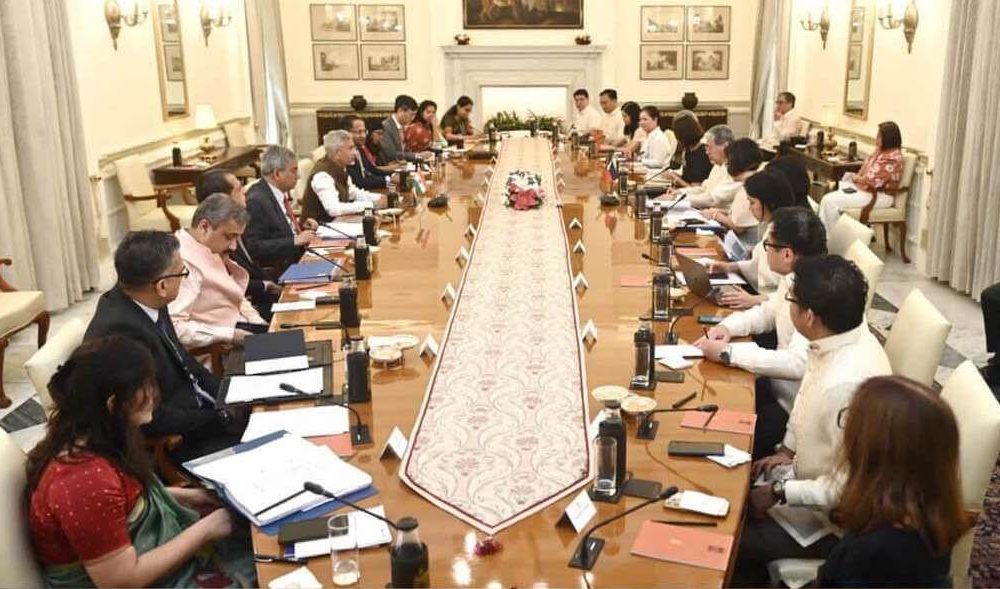
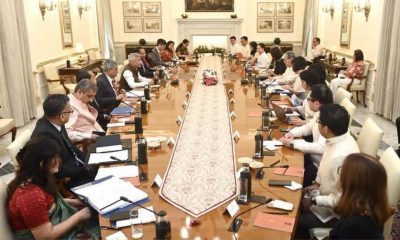

The trip was a positive step in standing up against China's aggression. But what are the Philippines and India's common interests, and where do they diverge?